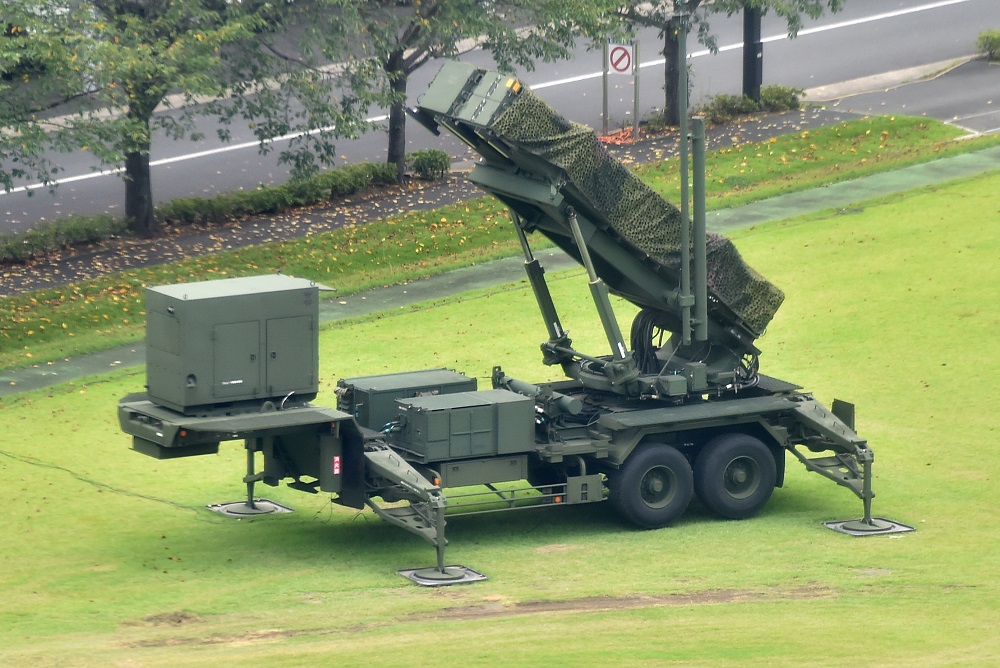
- ARAB NEWS
- 02 Jul 2025

TOKYO
The Japanese government is considering setting defense-related expenditures under its fiscal 2020 full budget at a record high of about 5.3 trillion yen, informed sources said Wednesday.
The defense budget is expected to grow for the eighth straight year. Under its initial budget for fiscal 2019 through March next year, the government has earmarked 5,257.4 billion yen to cover defense outlays.
The fiscal 2020 defense budget will include some 10 billion yen to develop a successor model to the retiring F-2 fighter.
The cabinet plans to adopt the fiscal 2020 draft state budget on Dec. 20.
Under a planned fiscal 2019 supplementary budget, the government will set aside 420 billion yen to cover defense costs, including those for renovating the Patriot Advanced Capability-3, or PAC3, ground-based missile defense system.
The fiscal 2020 budget is slated to include funds to upgrade the Maritime Self-Defense Force's Izumo-class destroyers into de facto aircraft carriers, acquire U.S.-made F-35A and F-35B cutting-edge stealth fighters, and finance programs to enhance Japan's capabilities to deal with threats in new fields, such as space, cyberspace and electromagnetic waves, the sources said.
Japan is considering cooperating with the United States and Europe in part of the work to develop the F-2 successor.
Meanwhile, Japan will maintain the current system of having domestic companies conduct final assembly and inspections of F-35As.
The government initially considered switching to imports of finished F-35As to cut costs. But Tokyo now believes that the current system is less costly than imports because it would be able to reduce expenses involved through a review of the fighter assembly process, among other measures.
Jiji Press